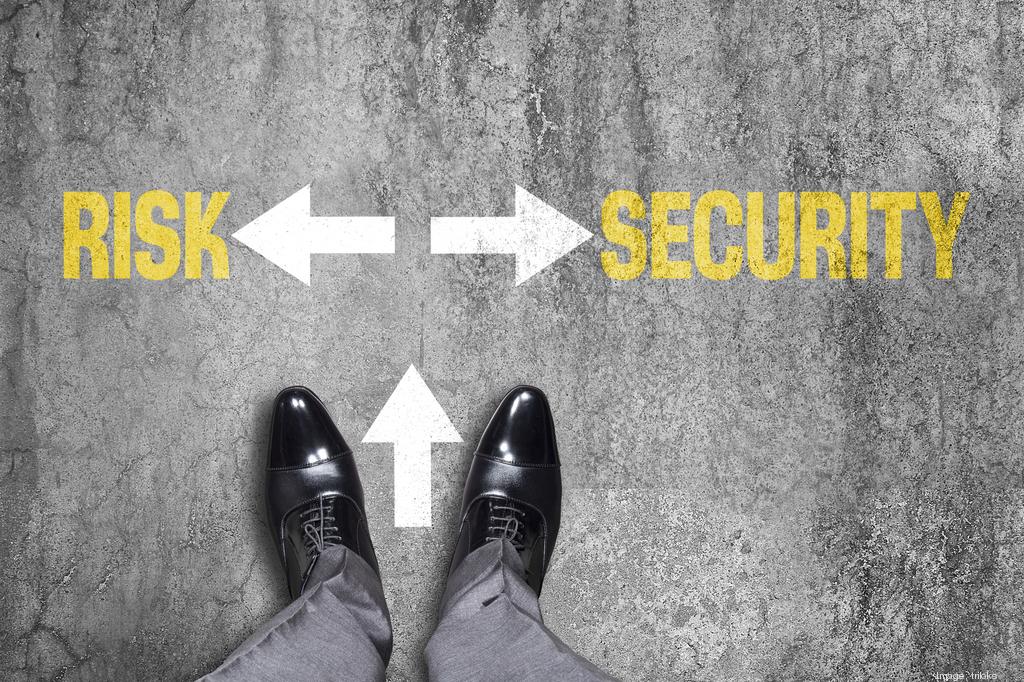From: http://www.bizjournals.com/
What’s one thing that’s essential for your small business that you probably don’t have?
Small-business insurance.
Nearly all businesses need some form of insurance, though many (maybe yours) never get it, either because they aren’t aware they need coverage or assume they can’t afford it.
Educate yourself on why you need insurance, as well as what type(s) of coverage you need.
First, why you need business insurance
The purpose of any kind of insurance is to mitigate risk, to protect against what might happen.
Imagine what would happen if a customer decided to sue your business unjustly. Without insurance to cover legal costs, it could drain your bank account to resolve this issue.
Or what would happen if one of your employees injured himself while working? You’d be responsible for his medical bills, and he might decide to sue you. Another situation where insurance can protect you and your assets.
Likely, nothing this severe will happen to your business, but isn’t it worth the peace of mind to protect yourself from the possibility?
Assessing the costs
Yes, business insurance costs money, but the type of coverage you need might be more affordable than you’d expect.
Also, consider the costs for your business if you don’t have insurance and something like the above examples happens. What will you do if you are suddenly responsible for tens of thousands of dollars of an employee’s medical bills? Can your business afford not to have insurance?
Types of business insurance you might need
Some states require your business to carry certain types of insurance, while other types are elective. Whether they’re required or not, all of the following provide protection to your small business.
Commercial general liability insurance
This type of coverage is useful for just about any business. It can protect you from lawsuits and medical expenses for anyone who is injured on your business property.
Let’s say you own a retail store and someone slips where you recently mopped. You as the business owner are responsible for covering that person’s medical expenses.
However, having commercial general liability Insurance will protect you, as it will pay those expenses as well as any legal costs incurred if that person decides to sue you.
Workers’ comp
This insurance protects both you and your employees. Should an employee get hurt on the job, it will cover his medical expenses, as well as rehab and retraining costs, or disability payments if he’s unable to work.
Every state except Texas requires a business with employees to carry workers’ compensation coverage, and there may be penalties if you don’t. Rates vary depending on the average number of injuries there are in your field (for example, an accounting business would be cheaper to insure than a construction business).
Product liability insurance
If your business creates or manufactures products, you need p roduct liability insurance. In the event that your product injures people or is damaged in shipping, this type of insurance will cover those costs.
Errors and omissions insurance
This type of insurance is especially relevant if your business advises others or provides information.
Sometimes clients get irate and can accuse you of misleading them or providing faulty information. Maybe you’re a consultant who advised a company to follow a particular strategy, and then that strategy didn’t work.
If the client decides to sue you, errors and omissions insurance will protect your assets and keep you from going in the hole financially. It’s also beneficial for real estate agents, analysts, and others.
Directors and officers insurance
While this type of insurance is often used by larger companies, some small businesses — especially startups trying to secure venture capital — can benefit too.
It’s a type of liability insurance that pays the directors or officers (or the company itself) to cover any losses brought about as a result of legal actions. Sometimes principals in a company can be sued or taken to criminal trial, and d&o insurance will reimburse those legal expenses.
Business disability insurance
What happens if you get sick or injured and are unable to work for a while? If you were an employee, you could use your medical leave, but as an entrepreneur, you don’t have that luxury.
That’s where disability insurance comes into play. It will pay part (but not all) of your typical income if you are sick or injured.
Health insurance
Many solopreneurs think they can’t get health insurance just for themselves, so they don’t bother. But whether you have a full staff or are a one-woman or one-man show, having health insurance is a must.
Not only will it protect you should your health fail (covering everything from medicine for a cold to more serious surgery), but it’s got some pretty great tax benefits, like the Small Business Health Care Tax Credit .
Insurance provides a safety net, should the unforeseen occur. Invest in your business’ future by getting the right coverage for your company.








Leave a Reply
You must be logged in to post a comment.